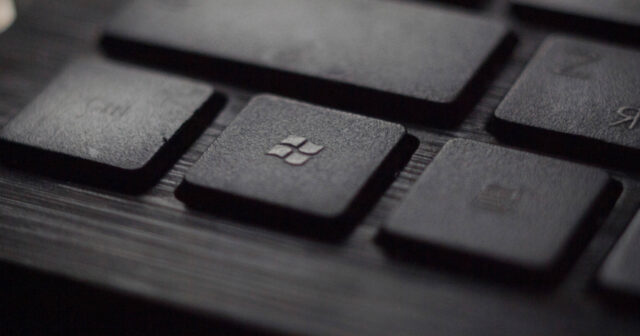Proofreading Tips
Whether you’re just getting started or are an experienced proofreader, there’s always something new to learn. That’s where our blogs come in! We've got expert advice on spelling, grammar, punctuation, referencing, proofreading different types of writing (from creative to business and academic), and much more!
-

How to Track Changes in Google Docs
How to Track Changes in Google Docs
Apr 10, 2023
Previously, we covered how to use the track changes and compare tools in Microsoft Word. In this blog post, we’ll take a look at how to track changes in Google Docs. As a freelancer, you may come across clients who use Google Docs to collaborate on content. Understanding how to use Google Docs’ editing tools […]
-

10 Egg-Cellent Examples of Eggcorns
10 Egg-Cellent Examples of Eggcorns
Apr 08, 2023
We’ve all done it – misheard a common phrase and made it our own. The phenomenon even has its own name: an eggcorn. “But that’s not even a real word!” we hear you cry. Well, that’s exactly the point! Although we can’t give you any chocolate eggs for Easter, we can give you a whole […]
-

How to Check Unfamiliar Terms in Different English Dialects
Apr 01, 2023
Even for fluent speakers, English is not the easiest language to master. English has a rich history, and because of that, many English dialects exist that can differ in spelling, punctuation, and vocabulary. As proofreaders and editors, having an opportunity to work with people from anywhere in the world is great, but it means we […]
-

Who vs. That: What’s the Difference?
Mar 27, 2023
Although we often replace who with that and vice versa, specific usage rules apply to these words. This blog post will help you understand those rules and provide examples for how to use them. Who vs. That Who and that are relative pronouns. This means we use them to introduce a dependent clause (also known […]
-

Does Punctuation Go Inside or Outside of Quotation Marks?
Mar 25, 2023
As if the differences between UK and US English spelling weren’t tricky enough, several other variations between the two dialects also exist, such as how quotations are written. In addition, the guidelines that dictate whether the punctuation goes inside or outside of quotation marks depend on the dialect you’re writing or proofreading in. While neither […]
-

How to Use Commas with Coordinating Conjunctions
Mar 20, 2023
Coordinating conjunctions can be confusing for new proofreaders, especially when commas are involved. We’re here to make things clear for you with our guide to using commas with coordinating conjunctions. What Is a Coordinating Conjunction? Coordinating conjunctions are words that join words, phrases, or clauses together. We have seven coordinating conjunctions in English, which can […]
-

What Are Dependent and Independent Clauses?
Mar 18, 2023
Understanding independent and dependent clauses is essential to writing and editing – but how exactly are they different? And how should you punctuate sentences with independent and dependent clauses? We’ve got the answers! Keep reading to learn what makes a clause independent or dependent and how to write both correctly. What Is a Clause? A […]
-

11 Uncommon Punctuation Marks (and How to Use Them)
Mar 13, 2023
There’s no doubt about it: punctuation is an integral part of writing. We use it to mark pauses, pose questions, emphasize certain ideas, and clarify meaning. You’ll already be familiar with the usual suspects – periods, commas, exclamation points, question marks, and so on – but did you know there are some weird and wonderful […]
-

How to Use Ellipses in Writing (With Examples)
How to Use Ellipses in Writing (With Examples)
Mar 06, 2023
Ellipses, also known as “dot, dot, dot,” are a type of punctuation with many purposes. In this guide, we explore what ellipses are and how you can help your clients make the most of them in their writing. What Is an Ellipsis? An ellipsis is a form of punctuation consisting of three dots (or periods): […]
-

Proofreading Tips: How to Save Your Revisions in Microsoft Word
Proofreading Tips: How to Save Your Revisions in Microsoft Word
Feb 27, 2023
To work as a freelance proofreader, it’s essential that you know the basics of popular word processing software such as Microsoft Word. One of the Microsoft Word tools that proofreaders use is the Compare feature, which allows you to generate both a Clean copy and a Track Changes copy to return to the client. Does […]

